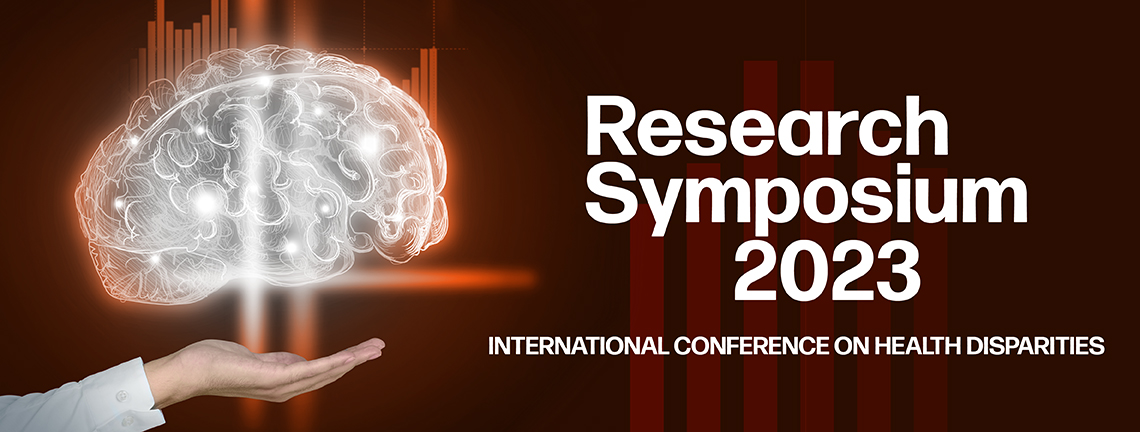
Posters
Academic/Professional Position (Other)
Biomedical Sciences
Presentation Type
Poster
Discipline Track
Biomedical Science
Abstract Type
Research/Clinical
Abstract
Background: Experiential learning is an important part of the medical education curriculum. Our goal was to establish an experiential learning skeletal muscle physiology lab activity that would improve undergraduate MD pre-clerkship students’ skill to collect muscle force measurements using a hand-held dynamometer (HHD) and understanding of core physiological concepts.
Methods: The authors developed and incorporated lab activity in the Musculoskeletal and Dermatology (MSKD) Module in the undergraduate MD pre-clerkship year 2 curriculum. Before lab sessions, students reviewed the HHD guide, watched videos on how to use a HHD to measure the force, and reviewed the Arm Angle strength data sheet. Students performed two experiments using an HHD: (1) The Elbow Flexion Experiment was used to obtain measurements of force produced by the bicep muscles at 6 different angles, and (2) the Fatigue Experiment was used to determine the effect of fatigue on hand muscle strength.
Results: Post-activity survey data demonstrated that students had the ability to utilize HHD to collect muscle force measurement and understood the muscle length-tension relationship (98.5% agree/strongly agree rate). Our laboratory design was validated as collected data demonstrated a significant decrease in pinch strength post-exercise and significant changes in overall strength following a quadratic curve with arm angle degrees.
Conclusions: The developed experiential learning lab activity provided an approach to active learning of physiological concepts and the use of HHD. The activity demonstrated medical students’ understanding of skeletal muscle length-tension relationships as evidenced by students’ favorable survey data to the activity incorporated into the MD curriculum.
Recommended Citation
Martinez, Angela; Salinas, Daniel; Potter-Baker, Kelsey; and Shah, Amin, "Development of an Experiential Learning Lab Activity on Skeletal Muscle Physiology in Undergraduate MD Pre-clerkship Curriculum" (2024). Research Symposium. 54.
https://scholarworks.utrgv.edu/somrs/2023/posters/54
Included in
Development of an Experiential Learning Lab Activity on Skeletal Muscle Physiology in Undergraduate MD Pre-clerkship Curriculum
Background: Experiential learning is an important part of the medical education curriculum. Our goal was to establish an experiential learning skeletal muscle physiology lab activity that would improve undergraduate MD pre-clerkship students’ skill to collect muscle force measurements using a hand-held dynamometer (HHD) and understanding of core physiological concepts.
Methods: The authors developed and incorporated lab activity in the Musculoskeletal and Dermatology (MSKD) Module in the undergraduate MD pre-clerkship year 2 curriculum. Before lab sessions, students reviewed the HHD guide, watched videos on how to use a HHD to measure the force, and reviewed the Arm Angle strength data sheet. Students performed two experiments using an HHD: (1) The Elbow Flexion Experiment was used to obtain measurements of force produced by the bicep muscles at 6 different angles, and (2) the Fatigue Experiment was used to determine the effect of fatigue on hand muscle strength.
Results: Post-activity survey data demonstrated that students had the ability to utilize HHD to collect muscle force measurement and understood the muscle length-tension relationship (98.5% agree/strongly agree rate). Our laboratory design was validated as collected data demonstrated a significant decrease in pinch strength post-exercise and significant changes in overall strength following a quadratic curve with arm angle degrees.
Conclusions: The developed experiential learning lab activity provided an approach to active learning of physiological concepts and the use of HHD. The activity demonstrated medical students’ understanding of skeletal muscle length-tension relationships as evidenced by students’ favorable survey data to the activity incorporated into the MD curriculum.

